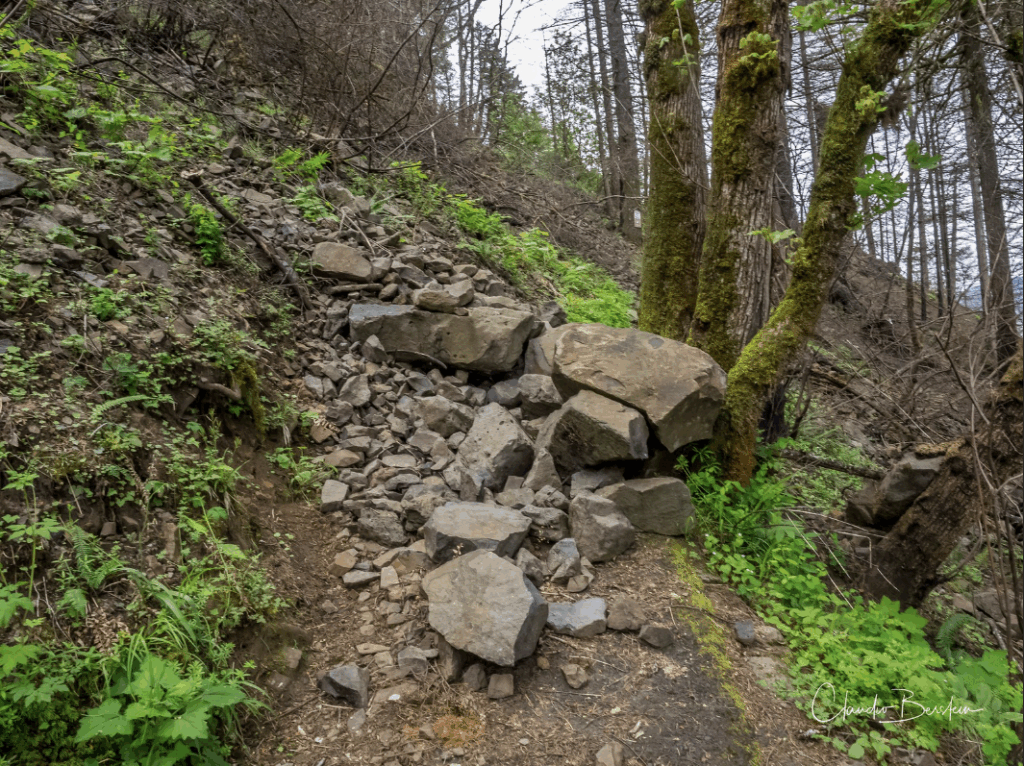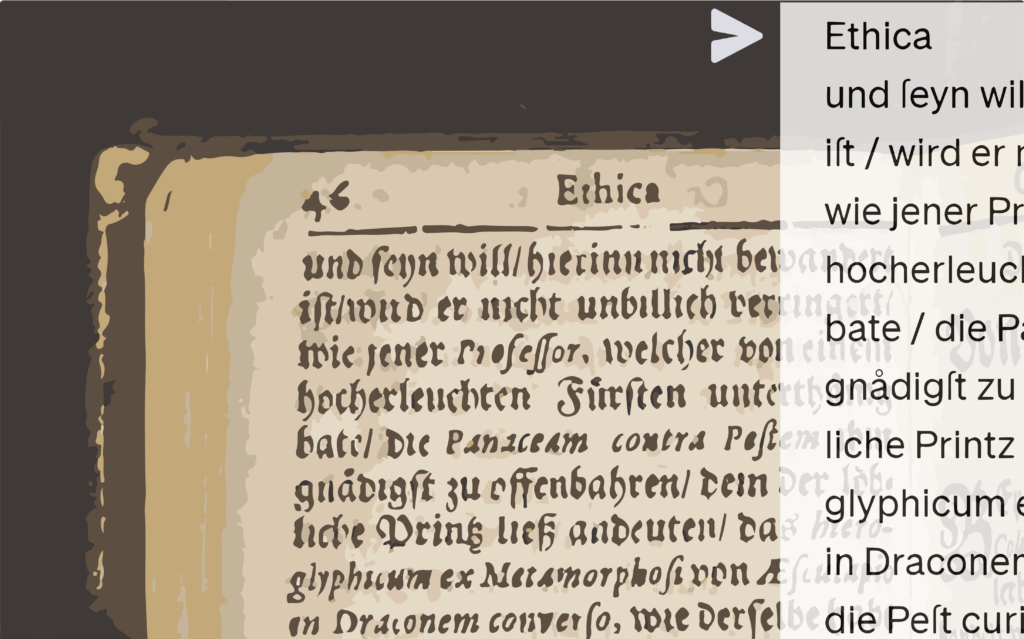

Yet Another Year in the East – Preparing a Digital Scholarly Edition of Oscar Mamen’s Unpublished Manuscript
I call myself priviliged. I get...

Automated Text Recognition with ChatGPT 4
During a presentation for the Digital...

Summer Research Leave: Ethica Complementoria Digital Scholarly Edition – Redux
My position as a senior academic...

Nordic Network for Edition Philology – Gothenburg, 2–4 October 2015
“Textkritik som analysemetod” (textual criticism as...